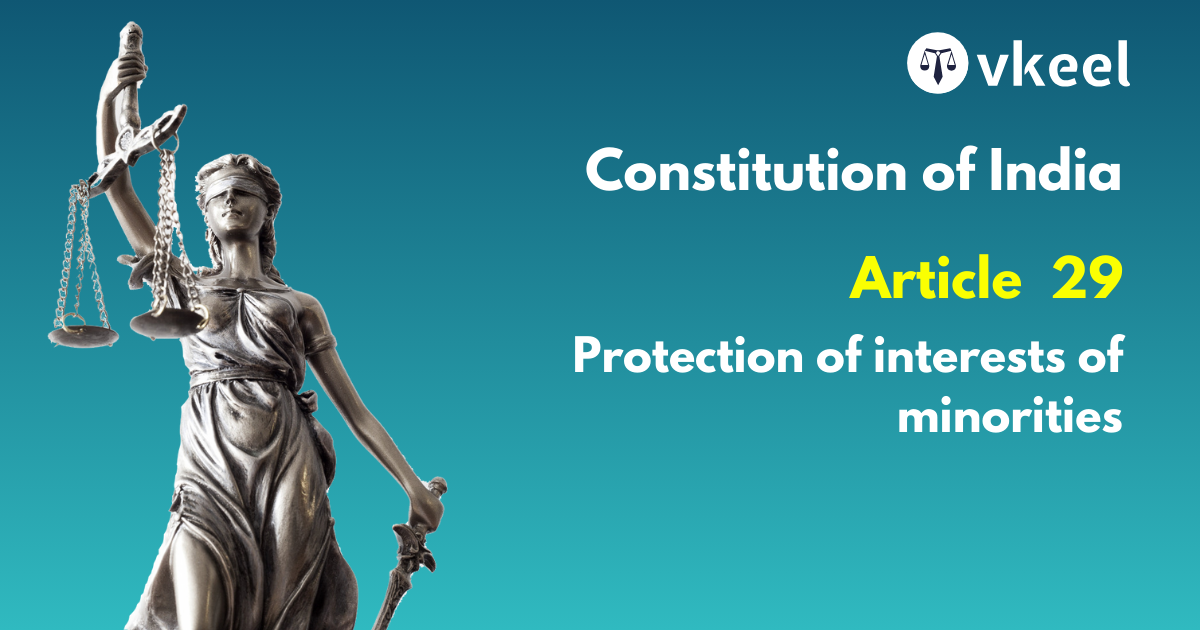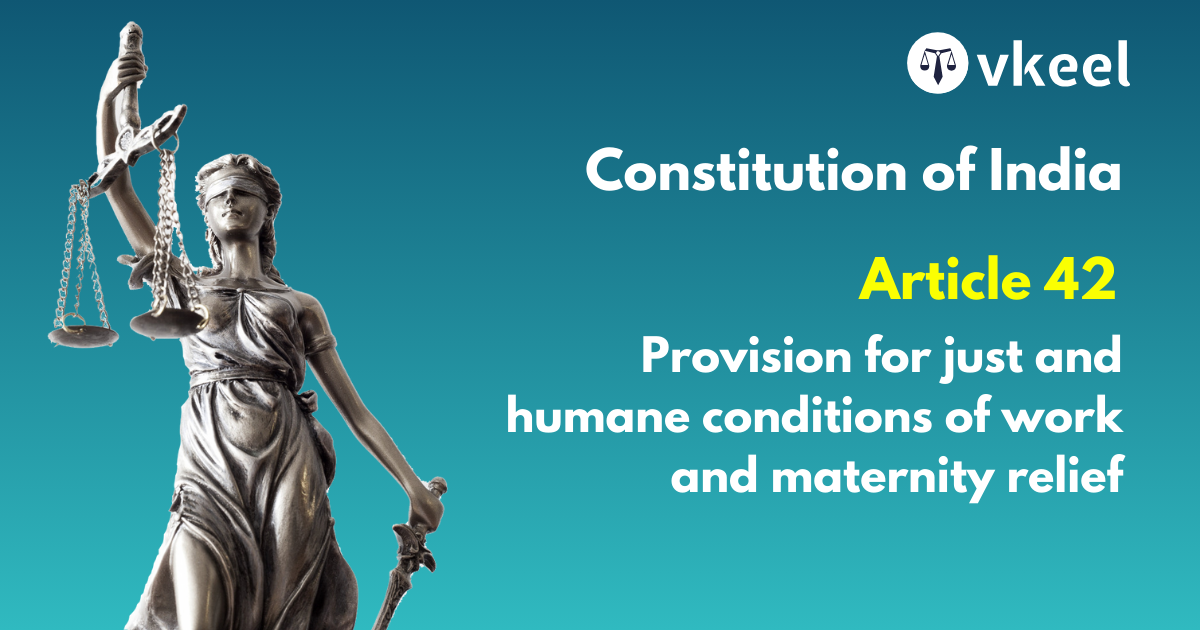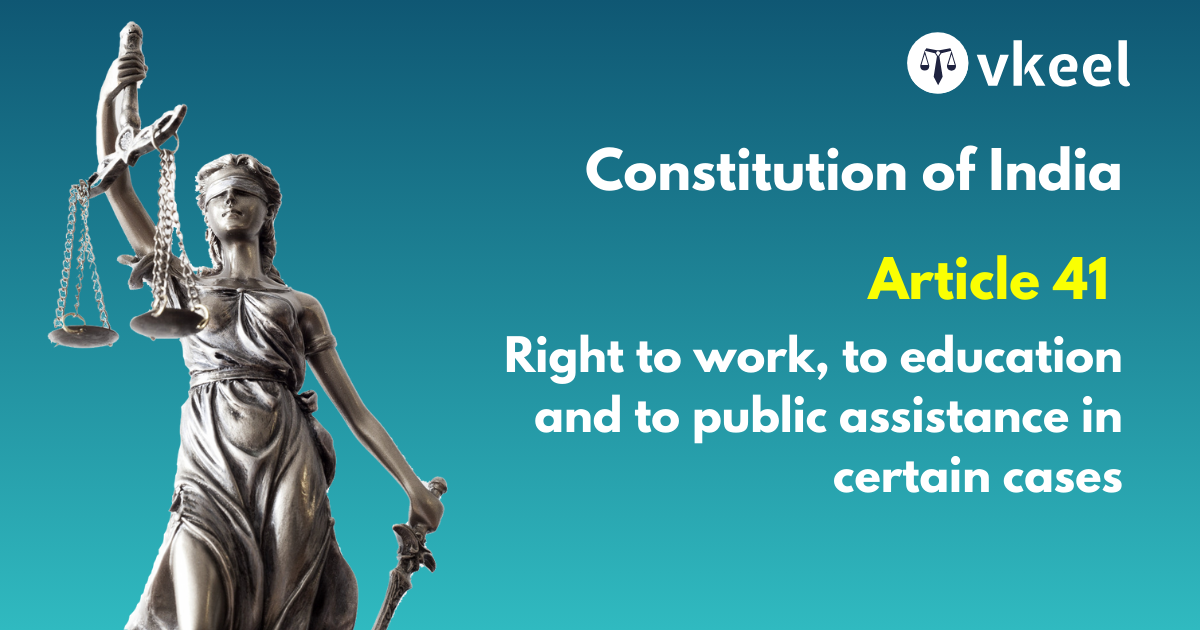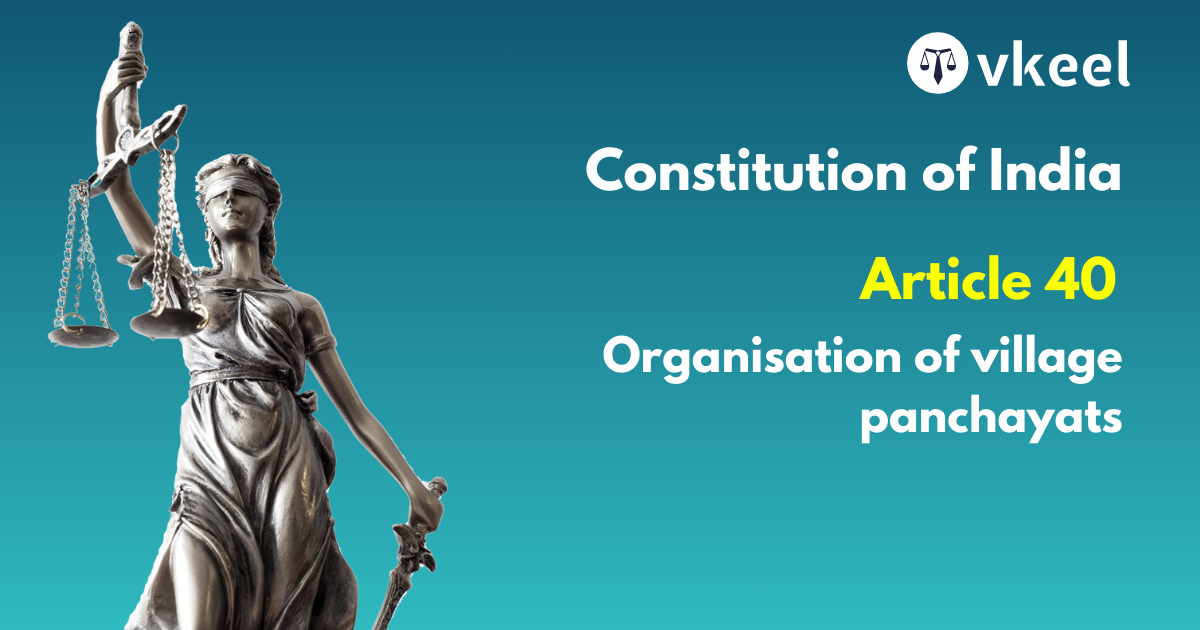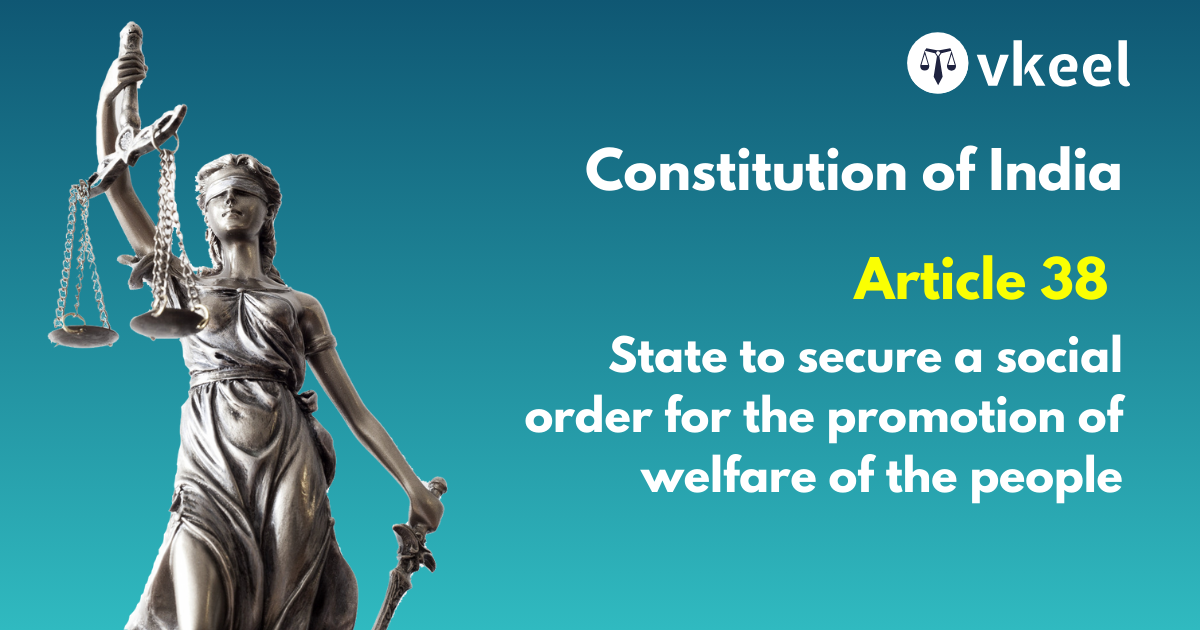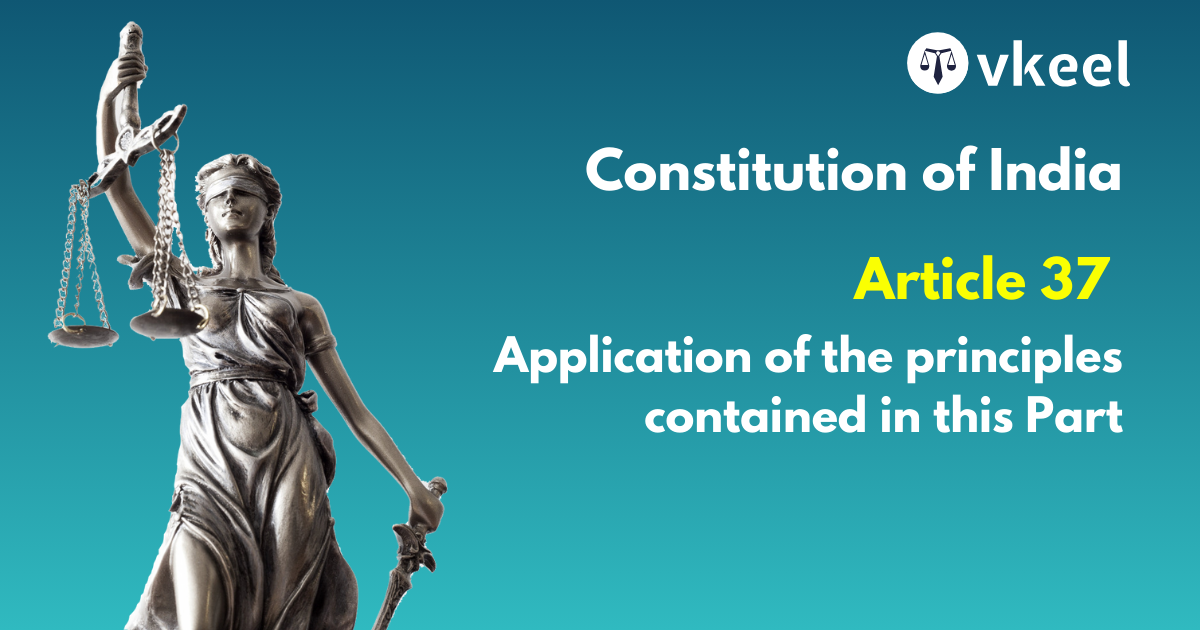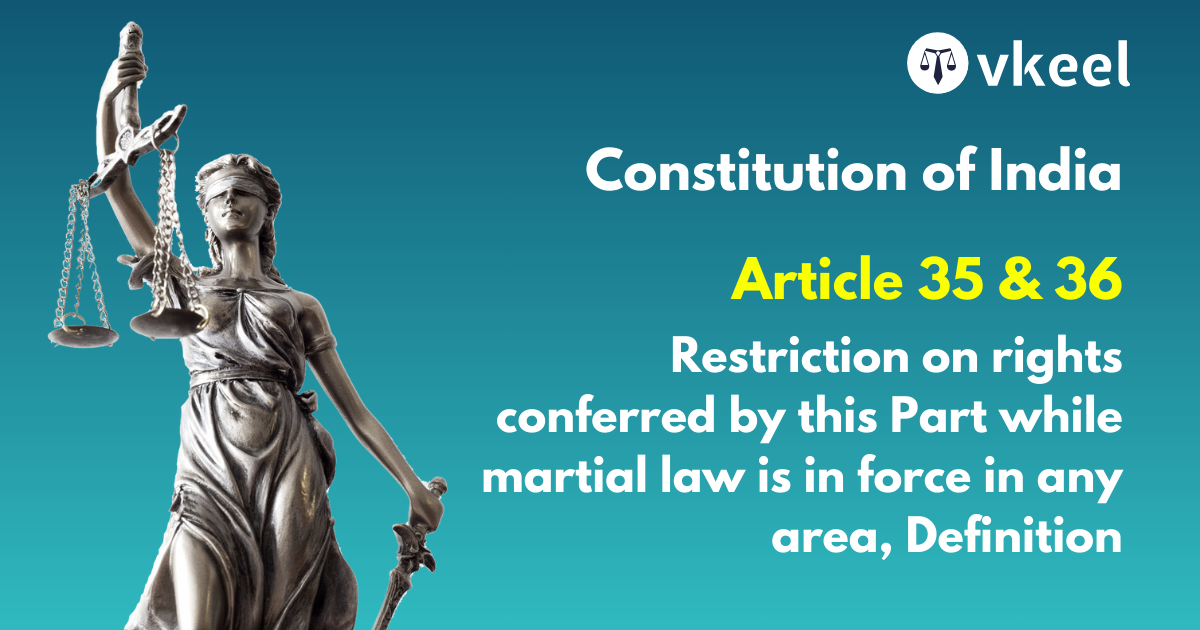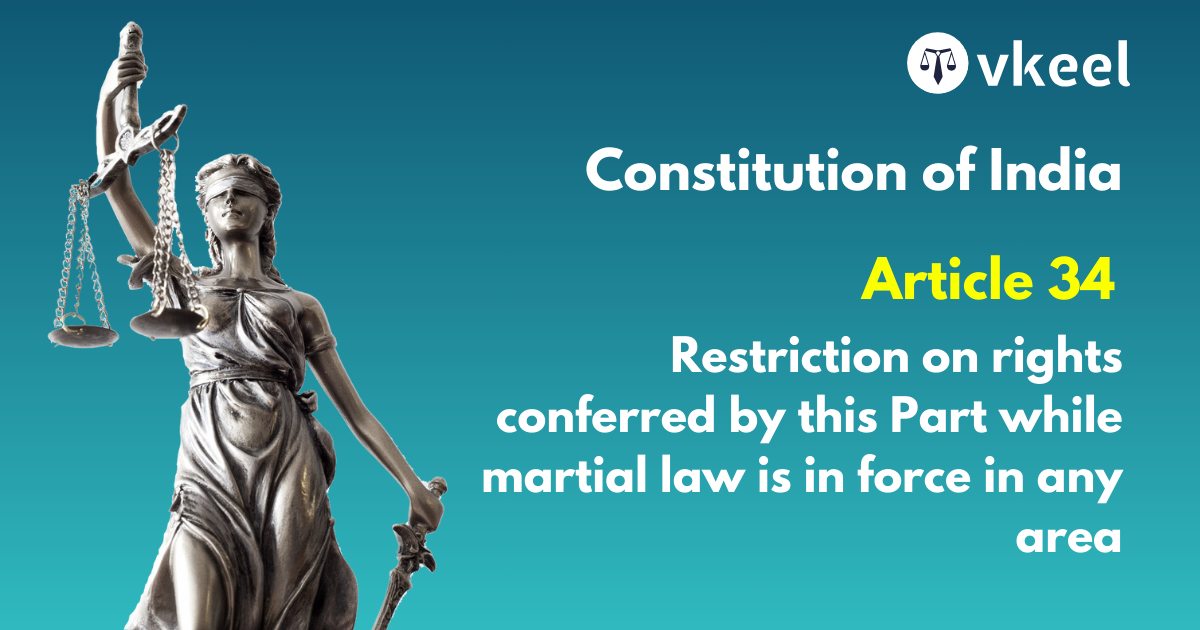Article 29 of the Constitution of India
By Joy Puri
Introduction
Nowadays, the countrys are generally judged over their ability to maintain the decorum between the majority and the minority with the sword of law.
The aforementioned Article 29 of the Constitution of India provides the rights to the minorities thereby being based on the fundamental principles of justice.
Moreover, the aforesaid Article 29 of the Constitution of India refers to the each and every citizen of India residing anywhere within the territorial boundaries of the nation.
Article 29 of the Indian Constitution
Protection of interests of minorities
(1) Any section of the citizens residing in the territory of India or any part thereof having a distinct language, script or culture of its own shall have the right to conserve the same.
(2) No citizen shall be denied admission into any educational institution maintained by the State or receiving aid out of State funds on grounds only of religion, race, caste, language or any of them.
View of the Judiciary on Article 29 of the Constitution of India
Hindi Hitrakshak Samiti Vs Union of India, 1990
It is difficult to accept that not holding entrance examination in any particular language, be it Hindi or regional language, amounts to denial of admission on the ground of language. Every educational institution has a right to determine or set out its method of education and conditions of examination and studies provided these do not directly or indirectly have any casual connection with violation of the fundamental rights guaranteed by the Constitution. It may be that Hindi or other regional languages are more appropriate medium of imparting education to very many and it may be appropriate and proper to hold the examinations, entrance or otherwise, in any particular regional or Hindi language, or it may be that Hindi or other regional language because of development of that language, is not yet appropriate medium to transmute or test the knowledge or capacity that could be had in medical and dental disciplines. It is a matter of formulation of policy by the State or educational authorities in-charge-of any particular situation.
Jagdev Singh Sidhanti Vs Pratap Singh Daulta, 1965
An appeal made to the electorate to vote for a particular candidate on ground of his language cannot be read as trespassing upon the fundamental right guaranteed by article 29(1). Political agitation for conservation of the language of a section of the citizens cannot be regarded as a corrupt practice within the meaning of section 123(3) of the Representation of People Act.
D.A.V College Vs State of Punjab, 1971
The Arya Samajis have a distinct script of their own, namely Devnagri. They are entitled to invoke the right guaranteed under article 29(1) because they are a section of citizens having a distinct script and under article 30(1) because of their being a religious minority.
State of Madras Vs Chamapakam Dorairajan, 1951
While clause (1) protects the language, script or culture of a section of the citizens, clause (2) guarantees the fundamental right of an individual citizen. The right to get admission into any educational institution of the kind mentioned in clause (2) is a righ right which an individual citizen has as a citizen and not as a member of any community or class of citizens.3
T.M.A Pai Foundation Vs State of Karnataka, 2003
A citizen can be denied admission by an educational institution whether maintained by the State or receiving aid out of State funds on ground other than the prohibited grounds-religion, race, caste, language or any one of them. Thus, a citizen can be denied admission on the ground that all the seats in the institution are already filled; the antecedents of the citizen seeking admission in the institution are not good, or his presence in the educational institution will not be conducive to proper administration of the institution; his merit as disclosed in the qualifying examination or in an examination conducted by such educational institution, or merit as ascertained on the basis of interview conducted by such educational institution, falls short of minimum fixed by such a institution and the like. The word ‘only’ suggests that if it is found that the denial of admission by any educational institution maintained by the State or receiving aid out of State funds is not merely on any of the prohibited grounds but also on some additional grounds, not being irrelevant or fanciful, the mandate of Clause (2) of article 29 is not violated.
Conclusion
The basis of the aforesaid Article 29 of the Constitution of India seeks for the greater light of justice and fairness in the society as it brings with it the protection and safeguarding of the minority groups of the nation.
Disclaimer:
The information provided in the article is for general informational purposes only, and is not intended to constitute legal advice or to be relied upon as a substitute for legal advice. Furthermore, any information contained in the article is not guaranteed to be current, complete or accurate. If you require legal advice or representation, you should contact an attorney or law firm directly. We are not responsible for any damages resulting from any reliance on the content of this website.

